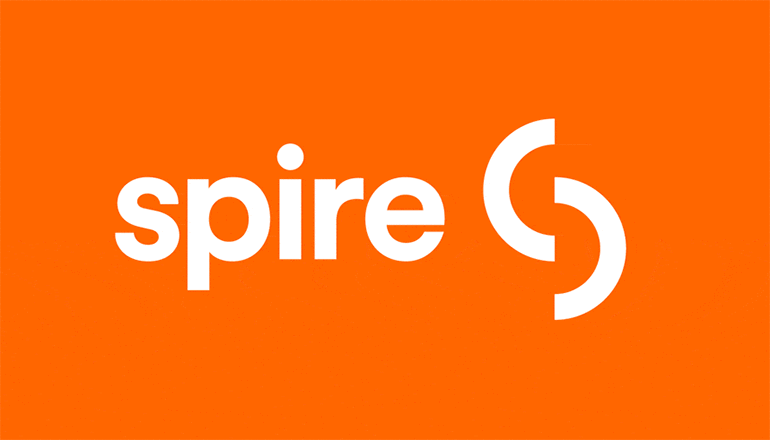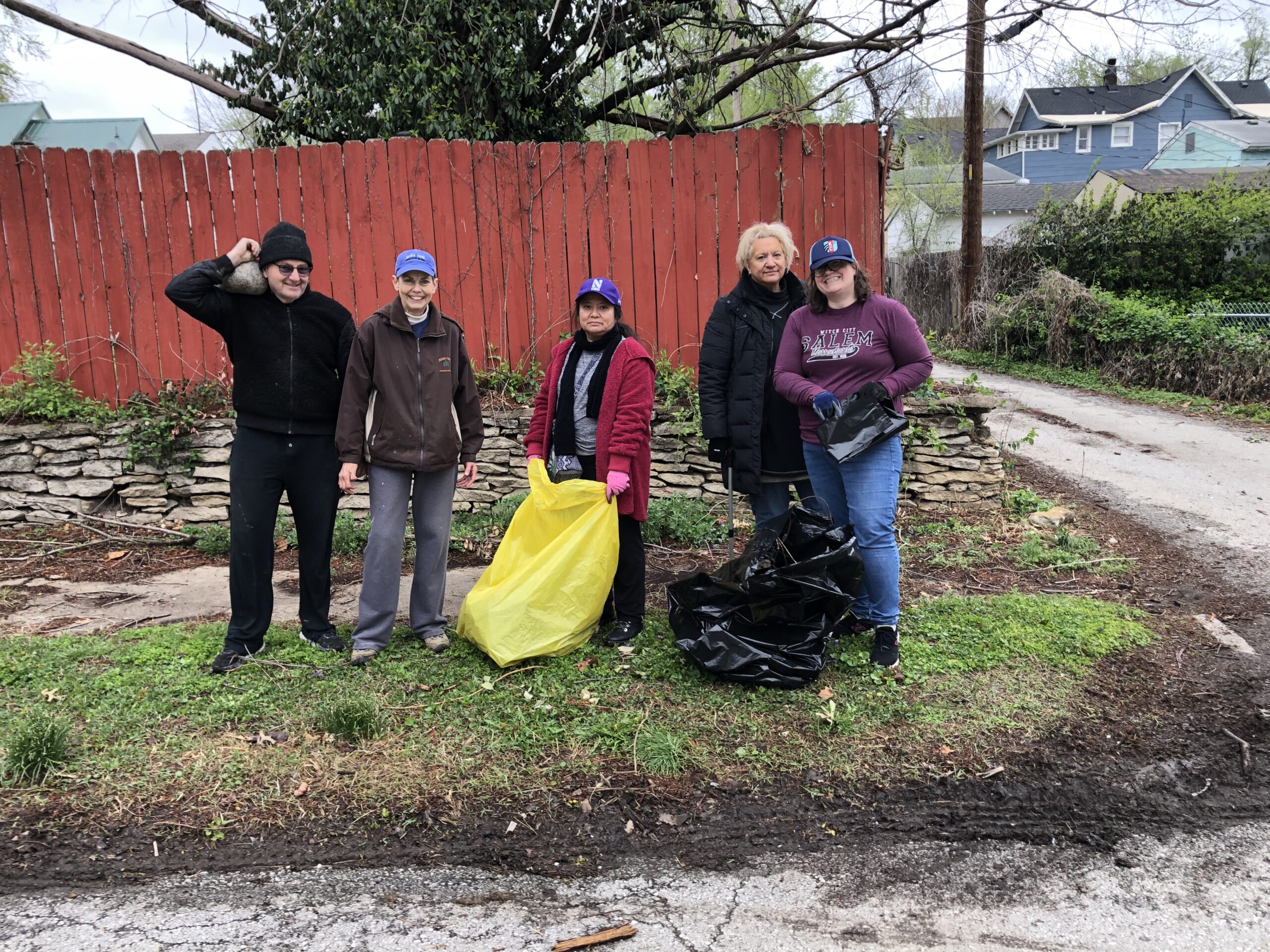
Abby Hoover
Managing Editor
On April 2, 2022, Spire filed a natural gas rate case with the Missouri Public Service Commission (MPSC) seeking a net increase in its natural gas revenues of approximately $151.9 million.
According to the local public hearing notice in this case, approximately $8.5 million of the $151.9 million requested is already currently being collected under the Infrastructure System Replacement Surcharge (ISRS) that appears as a separate line item on customer bills. So the overall increase in annual natural gas revenues, as proposed by Spire, would be approximately $143.4 million.
Spire provides natural gas service to approximately 1.2 million natural gas customers in Missouri.
“We’re building an even better natural gas company, keeping safety first by modernizing pipeline infrastructure and upgrading technology for easier, faster, more convenient service,” according to Spire’s website. “In December 2021, we finalized our last rate review after a yearlong process with the Missouri Public Service Commission, that resulted in new rates going into effect on customer bills. However, these rates do not fully reimburse us for the services we provide customers.”
The company said it never intended to file another rate review this quickly. But rates that went into effect Dec. 23 do not reflect the actual cost of providing the essential natural gas service that so many Missourians rely upon, according to Spire.
“We collaborated with Commission staff on an extensive audit of these costs and now, at the Commission’s suggestion, we are filing to clarify these accounting rules moving forward,” according to the utility’s website.
Spire will host public hearings in both St. Louis and Kansas City this fall, as well as by phone.
The telephone hearing will be on Tuesday, Oct. 13 at 12 p.m. Call toll-free at 1-855-718-6621, use access code 2469 900 3915, and password 0179. Kansas City’s local hearing will be on Tuesday, Oct. 18, at 6 p.m. at the Gregg/Klice Community Center, 1600 E 17th Terr.
For customers who are unable to attend a local public hearing and wish to make written comments, they may contact the Missouri Public Service Commission, P.O. Box 360, Jefferson City, Mo., 65102, or by using the Commission’s electronic filing system at https://psc.mo.gov/General/Submit_Comments. When submitting comments, please reference File No. GR-2022-0179.
Since 2017, Spire has invested nearly $1 billion in pipeline infrastructure – ensuring safe, reliable natural gas delivery to all customers, but with rising utility costs across the state, some Missourians wonder how they’ll pay their bills.
In December, Spire was given permission to raise rates from approximately $0.40 per hundred cubic feet to $0.79 in Kansas City to reflect estimated changes in the wholesale cost of natural gas, as well as a change in the company’s Actual Cost Adjustment (ACA) factor.
The cost of natural gas from wholesale suppliers generally makes up approximately 50% to 55% of a customer’s total monthly natural gas bill. The wholesale cost of natural gas is not regulated by the MPSC. The wellhead cost of natural gas is unregulated and is primarily driven by supply, demand and the weather. The MPSC does conduct an annual regulatory review to ensure that regulated natural gas companies make prudent decisions in securing natural gas supplies for their customers.
However, the company was also told by the MPSC to “cease capitalizing non-operational overhead costs, going forward, until Spire’s compliance with the USOA is shown.”
That overhead includes the salaries and benefits for many of Spire’s 2,424 Missouri employees, and in this new case, Spire said as long as the company is under that directive, it is unable to fully account for those significant costs. Calling the previous decision “unprecedented” in Missouri regulation, the company said it impairs Spire’s earnings ability, making the state a “less attractive venue for capital investment and unfairly penalizes investors.”
Spire achieved the lowest overall rate of return of any Missouri utility, and according to the company, it is due to the Commission’s prior decisions regarding inclusion of short-term debt in the Company’s capital structure, which the company calls “patently unfair in light of Spire’s operational performance, and ignores the current inflationary environment of the national economy.”
In April, Kansas City customers saw a slight rate decrease thanks to the Weather Normalization Adjustment Rider (WNAR). However, the same month, Spire implemented an infrastructure system replacement surcharge (ISRS) of $0.74 per month for residential customers.















